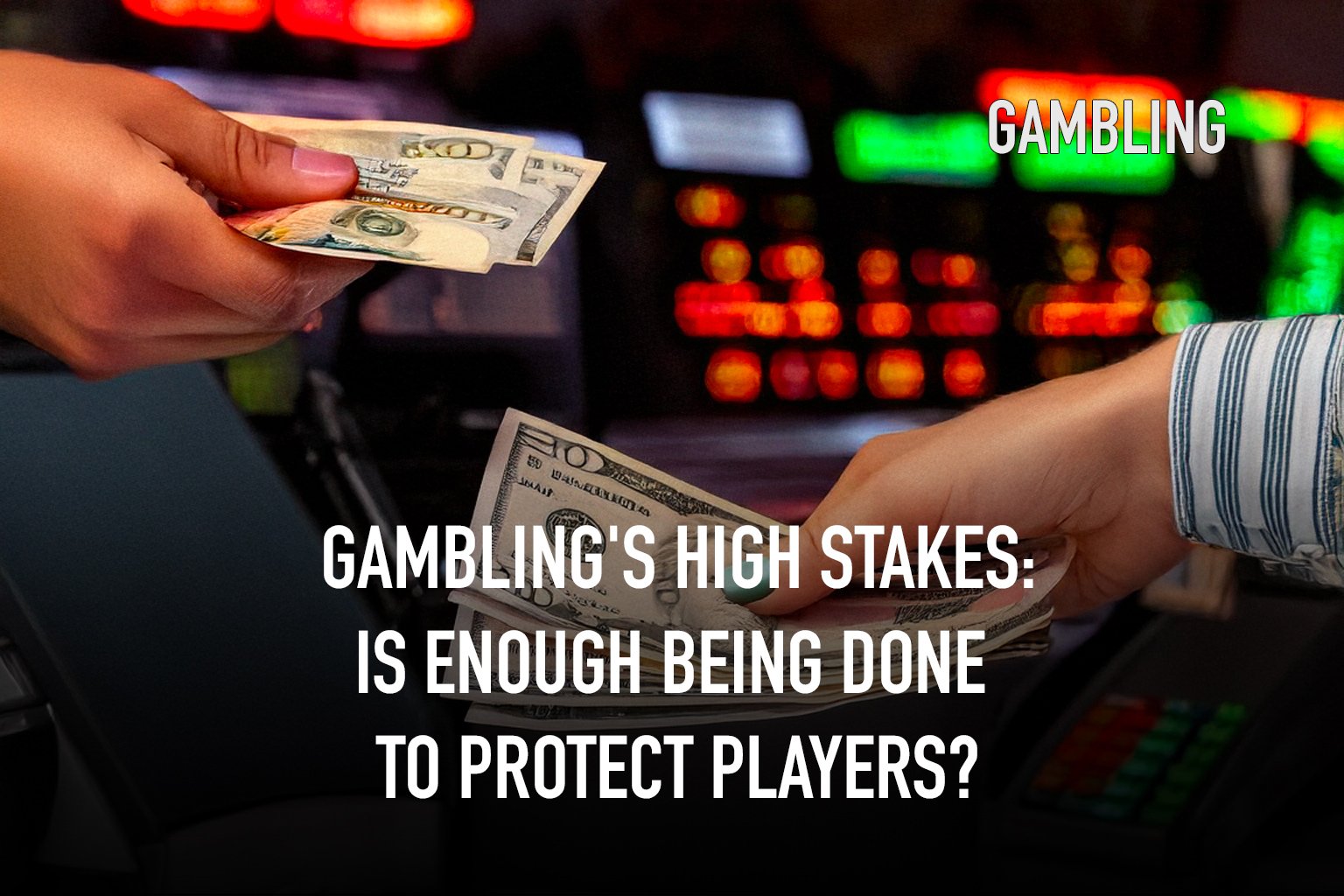GAMBLING’S HIGH STAKES: IS ENOUGH BEING DONE TO PROTECT PLAYERS?

Gambling is a big business—no doubt about it. With billions flowing through sports betting apps and online platforms, it’s no surprise that this industry keeps growing.
But behind the money and excitement, there’s a real impact on the lives of gamblers, especially those who struggle with addiction.
The National Council on Problem Gambling (NCPG) recently released a report that highlights just how poorly most U.S. states are doing when it comes to protecting players. According to their findings, states are only meeting about 39% of the standards laid out by the NCPG’s Internet Responsible Gambling Standards (IRGS). These standards, updated in late 2023, aim to make sure that people are protected from the harms of gambling, especially those at risk of addiction.
In their study of 30 states (plus D.C.), the NCPG found that only a handful — Connecticut, New Jersey, and Virginia — came close to doing a decent job, meeting 49 out of 82 standards. They’ve set up clear rules for things like age verification, responsible advertising, and training for staff to help those at risk. Other states did okay, like Colorado, New York, and Pennsylvania, but even they fell short of meeting the full recommendations.
Unfortunately, there are states like Nevada and Florida that performed poorly, hitting fewer than 24 standards. This means they lack crucial protections, such as tools for people to manage their gambling budgets and proper customer support for those struggling.
Keith Whyte, the NCPG’s executive director, called for stronger regulations, urging lawmakers to take action. There’s even talk of federal oversight. A bill called the SAFE Bet Act, introduced by Rep. Paul Tonko and Sen. Richard Blumenthal, aims to set national standards, like banning gambling ads during live sports.
Gambling may be lucrative, but it can wreak havoc on lives. States need to step up, close the gaps, and make sure that while the business thrives, players don’t lose everything along the way.
